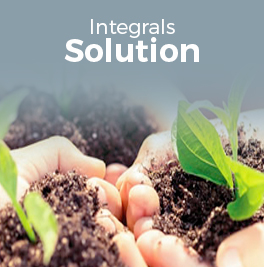Published on February 09, 2018.-
Medium and large mining companies have adopted pertinent measures regarding the management and management of waste, observing a state of maturity different from the treatment they had decades ago.
Regarding the fundamental benefits generated by the adequate management of solid and liquid waste and waste in this industry, both for companies and the community, they go hand in hand with greater sustainability and the reduction of the impact on the environment.
The main wastes from the mining industry are solid and liquid hazardous wastes, including tailings, leaching piles, transport of concentrate to ports, industrial waste, oils, transport of acids and industrial waters, among others.
There are internal protocols for each mining company that are based on ISO 14000, environmental law 19,300, RCA (environmental qualification resolution), and for hazardous waste DS-148. Proper waste management in the mining area should cover both hazardous waste (DS-148), as well as the issue of tailings (DS-248) and their closure (law 20,551).
Tires, steel and scrap metal are some of the tons of material that are recycled in Chilean mining, as a response to the Solid Waste Management legislation, which requires the proper disposal of industrial, domestic and hazardous waste. In turn, recycling generates new businesses that allow for more sustainable mining.
Source: http://bit.ly/2nVBgLq







